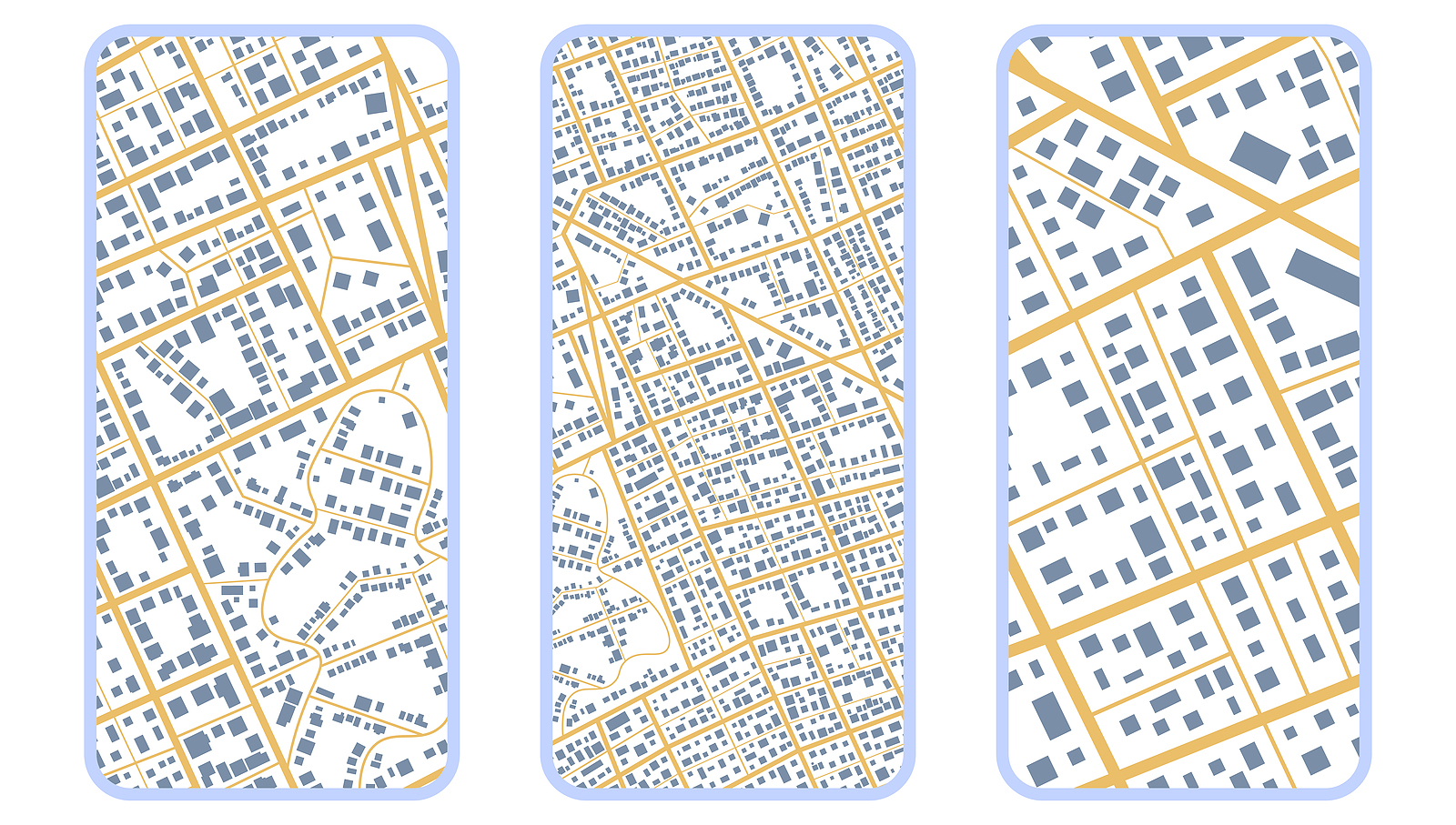Here’s a scenario. You receive a notice of violation from your HOA regarding weeds in your front yard. Since your property lines aren’t clearly delineated with fencing or anything else, how are you to know that the property on which these weeds are growing is yours and not your next-door neighbor’s?
The answer can most likely (but not always) be found in that big packet of documents from the closing process. You still have that, right?
For many homeowners, trying to decipher closing documents is akin to attempting to get a sip of water from an open fire hydrant. That’s ok. We’ll walk you through practical methods and resources to help you identify your property lines.
Start with your deed and survey
Your property’s legal description can be found in the deed or survey documents. The deed provides a written description of the property’s boundaries, while a survey is a precise land map. Start by reviewing these documents, as they often include measurements, landmarks, and other relevant information to guide you in identifying your property lines.

Andie Huber, with This Old House, suggests, “Most mortgage lenders require prospective homeowners to have a current survey, and your title insurance also depends on it. If you bought your home recently but don’t have the survey, contact either company to see if they have a copy on file.”
What happens if you still can’t get your hands on the survey and can’t make heads or tails of the deed’s description?
Look for boundary markers
Boundary markers, such as metal stakes or concrete monuments, surveyors use to demarcate property lines. Begin by exploring your property’s perimeter and watch for any visible markers.
These markers may be buried underground, so gently probing the soil around the suspected area can help you locate them.
Be careful when digging. Utility lines are often buried as well. If you fear hitting a gas line or something else, dial 811 on your phone. This is a national number created by the Federal Communications Commission (FCC). There is no charge to call; they will help you from hitting these hidden, underground hazards while digging.

Talk to your neighbors
A friendly conversation with your neighbors can be surprisingly helpful. They might know about the property boundaries or have conducted a past survey.
Sharing information and experiences can provide additional insights and help you understand your property lines.
Check local records and government offices
Local government offices, such as the county clerk’s or assessor’s office, often maintain property records. These records may include maps, plats, or previous surveys that can assist in identifying property lines.
Visit these offices or check their websites to access relevant information. Some counties even have online databases that allow you to search for property records using your address.
Use online mapping tools
Advancements in technology have made locating property lines easier than ever. Several online mapping tools, such as Google Earth, can roughly estimate your property’s boundaries.
While these tools may not be as accurate as professional surveys, they can give you a general idea to start with. Additionally, some counties have online mapping systems offering more precise boundary information.

Hire a professional surveyor
Hiring a professional surveyor is the way to go if you need precise and legally binding information. Surveyors use specialized equipment to accurately measure and map property boundaries.
The national average cost to hire a surveyor is Homeowners report that the average land survey costs around $516. The low end of the price range is $200, and the high end is $1045, according to HomeAdvisor.com.
The surveyor will conduct a thorough survey of your property, locate existing markers, and may even install new markers if necessary. While this option incurs a cost, it provides the highest certainty regarding your property lines.
Ensure that the surveyor you hire is licensed and insured.
Locating your property lines is crucial for understanding your land clearly and avoiding potential conflicts with neighbors or your HOA.
While some methods can give you a rough estimate, consulting professional surveyors and relevant local authorities will provide the most accurate and legally binding information.
